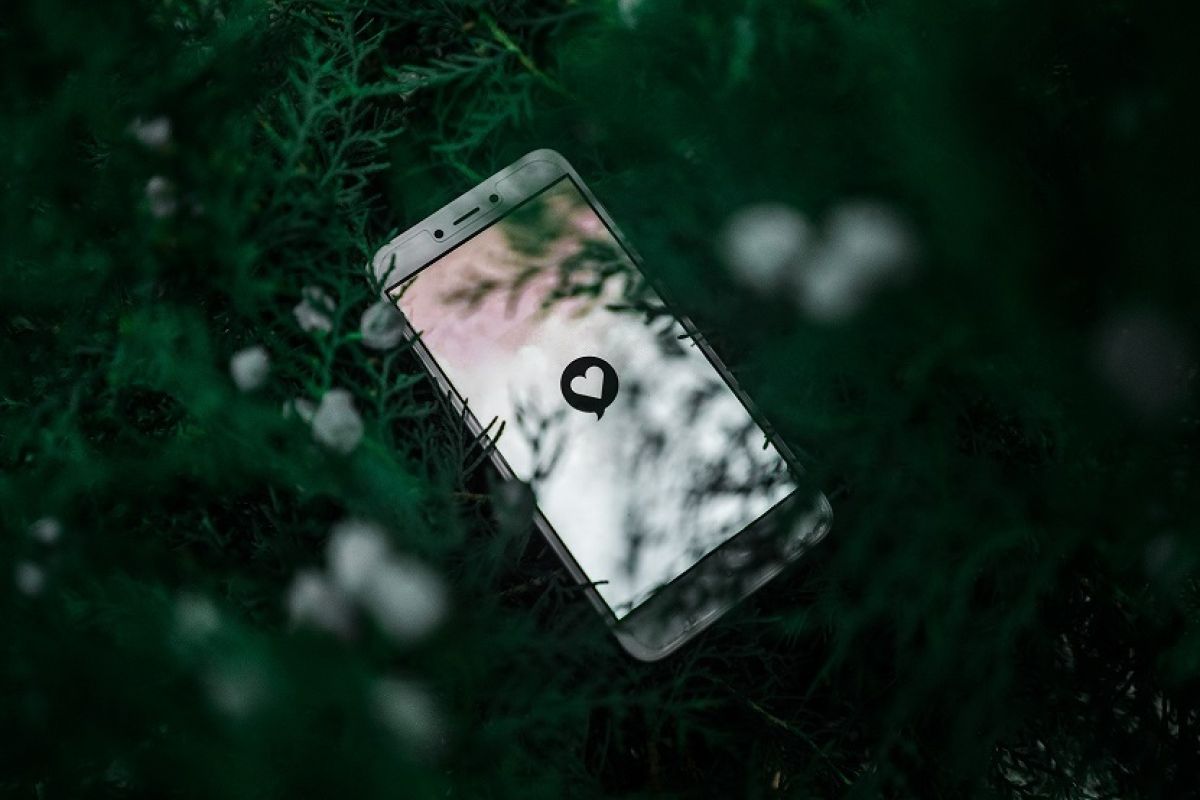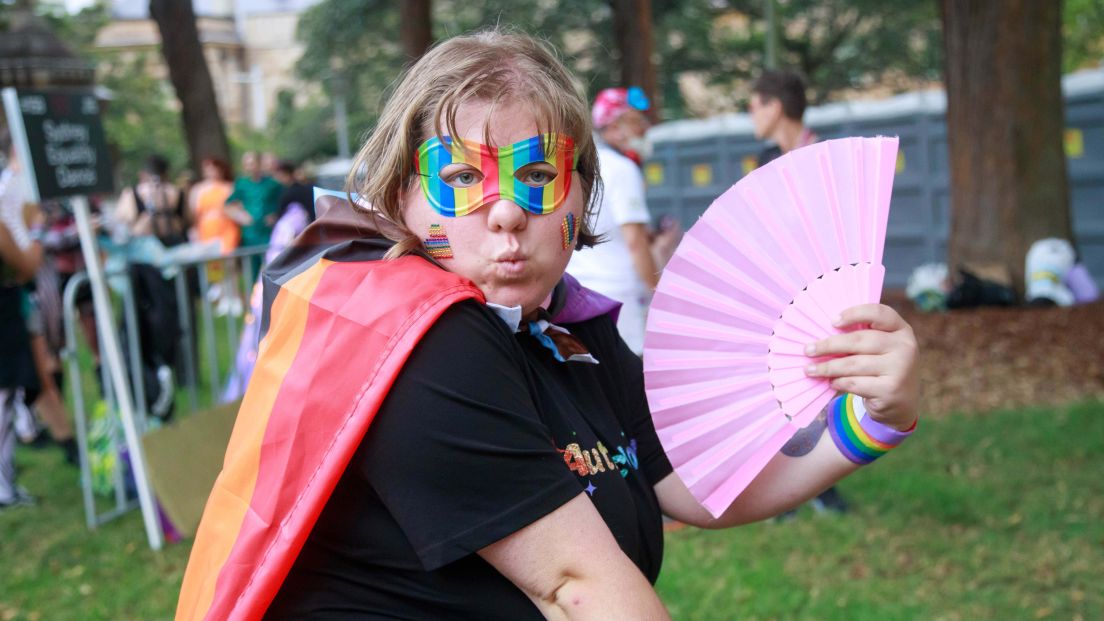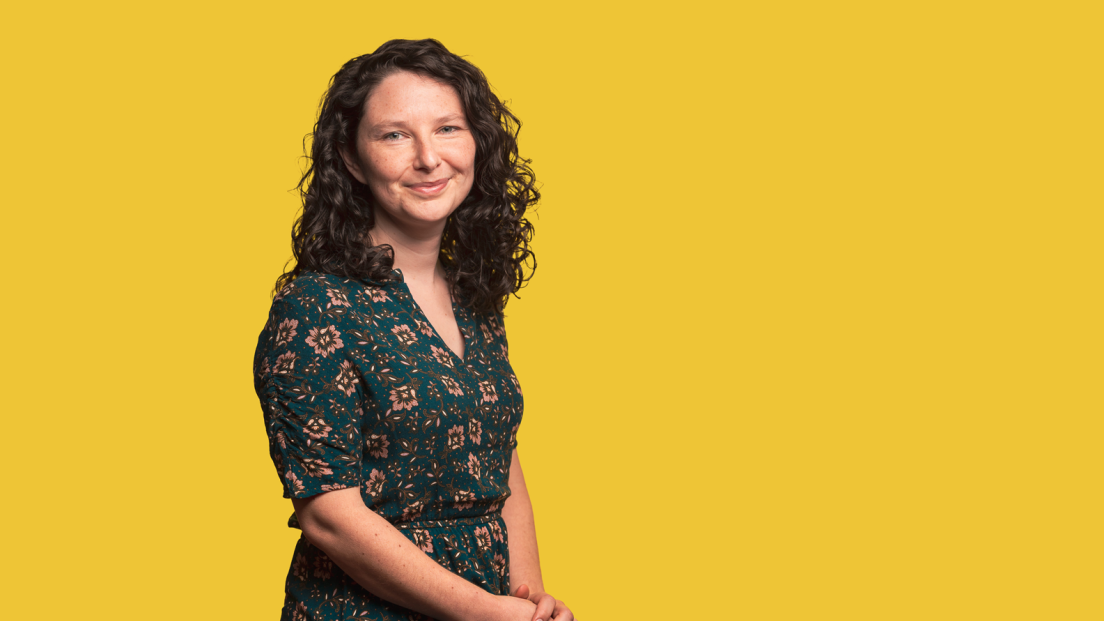Dating can be fun, exciting, nerve-racking and at times, downright confusing. And while everyone’s experiences are different, for autistic people dating can come with an extra layer of complexity; involving reading non-verbal cues, picking up on innuendoes and an expectation to communicate emotions.
In the lead up to the ABC series Love on the Spectrum, Emma Gallagher, an autistic researcher from the Aspect Research Centre for Autism Practice (ARCAP) took a look at what the research tells us about autism and dating and has uncovered a few evidence-based tips that may make navigating the dating world just a little easier.
Love can be hard to find
A recent study1 led by researchers from Deakin University investigated the romantic relationship experiences of 459 autistic people. The researchers found autistic individuals have a similar level of interest in relationships as non-autistic people but have fewer opportunities to meet potential new partners. This may be because autistic people have smaller social networks and therefore have fewer chances to pursue romance.
The researchers also commented that while it is not uncommon to feel jittery in the early days of a relationship, autistic individuals have greater anxiety about starting and maintaining relationships than non-autistic people. This anxiety may be fuelled by previous relationship difficulties and concerns that future romances will not be successful. Anxiety is thought to be one of the reasons that relationships may fail after a short period of time.
A little help from our friends
Friendships are a good way to prepare for the dating scene because it is through friends that we learn about trust, disclosing feelings and how to relate to others. Researchers from Deakin University1 report social relationships and engagement can help with relationship difficulties. In particular, the amount of time and interaction with friends is identified as an important factor in improving romantic relationships.
A team of US researchers2 found autistic people's understanding of sex and different types of relationships predominantly comes from TV and the internet. They identified a gap in knowledge about initiating and maintaining relationships. This kind of knowledge is typically acquired from social sources like parents and peers. Without this knowledge, the researchers commented that autistic people may not be prepared for romantic life. In their study of 134 people, the researchers found many autistic participants responded that they did not understand how relationships work. This makes it difficult to recognise and handle unhealthy or inappropriate behaviour when dating. The researchers conclude there is a great need for dating and relationship knowledge to be part of social skills training and sex education for autistic people.
First impressions through online dating
The use of online dating sites and mobile dating apps has become commonplace for those looking for love. Research shows that a lack of success through traditional, face-to-face dating has led many autistic adults to pursue relationships through online dating. In fact, the proportion of autistic adults using online dating sites is three times greater than non-autistic adults.
Autistic people may find online dating easier than face-to-face dating because they have more control over how they present themselves, there are fewer non-verbal cues to interpret and more time to process information. But, there are challenges … like writing an online profile.
A team of researchers from the University of Bath3 have conducted two studies on the attractiveness, trustworthiness and desirability of autistic male’s online dating profiles as perceived by 127 non-autistic females. From their research findings they came up with three key tips for autistic online daters:
- Be consistent in your online profile. Profiles with consistent personal attributes and interests were found to be the most attractive.
- Be explicit about your autism. Profiles that indicate a diagnosis of autism were perceived as being more trustworthy than those without.
- Use positive words to describe your personal attributes and interests. Profiles featuring positive words were perceived as more attractive than those using negative words.
References
- Hancock, G., Stokes, M. A., & Mesibov, G. (2019). Differences in Romantic Relationship Experiences for Individuals with an Autism Spectrum Disorder. Sexuality and Disability, 1-15.
- Mogavero, M. C., & Hsu, K. H. (2019). Dating and Courtship Behaviors Among Those with Autism Spectrum Disorder. Sexuality and Disability, 1-10.
- Gavin, J., Rees-Evans, D., Duckett, A., & Brosnan, M. (2019). The attractiveness, trustworthiness and desirability of autistic males’ online dating profiles. Computers in Human Behavior, 98, 189-195.
Love on the Spectrum starts Tuesday 19 November on ABC and iview.



